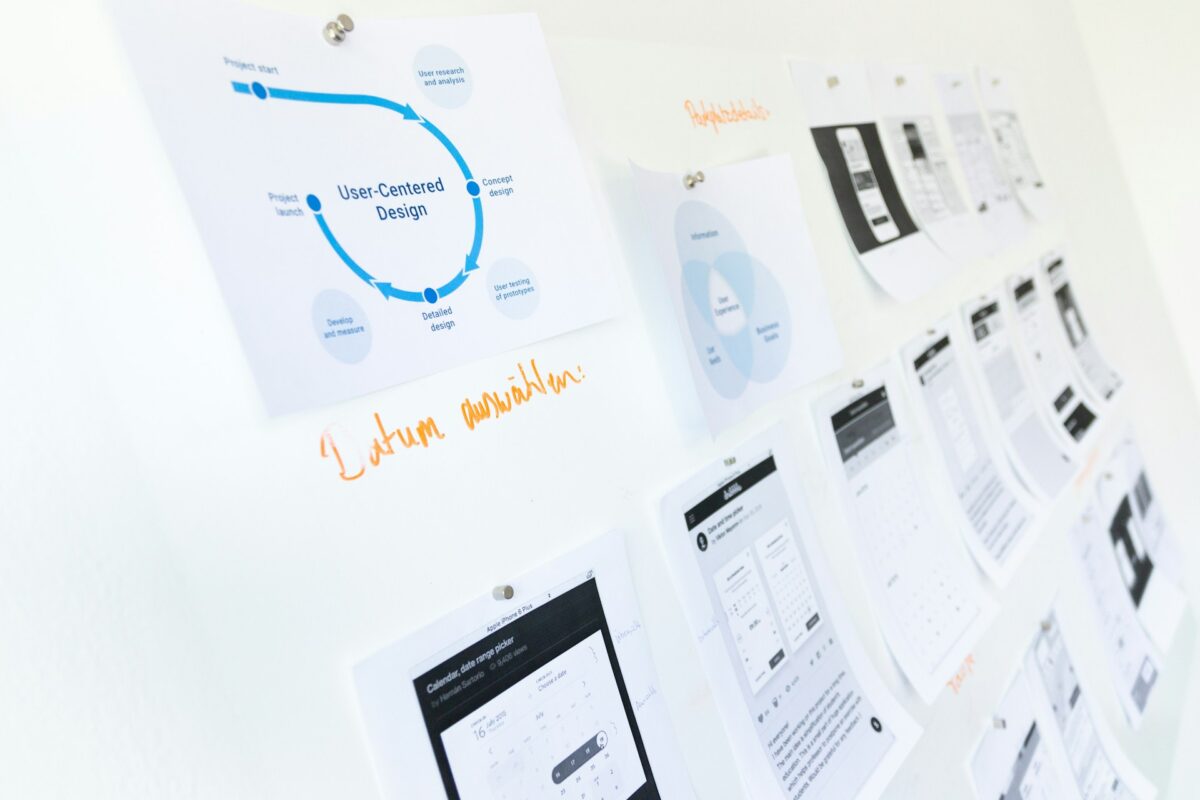So, I’m back with another blog post and guess what, this one’s about Ruby again. Yes, I know this blog is supposed to be about Rust. But let’s be honest: bending rules is fun, and exploring different ecosystems is how we stay flexible, creative, and happy. I’ve been exploring the Red Data Tools project recently, and I have to […]









